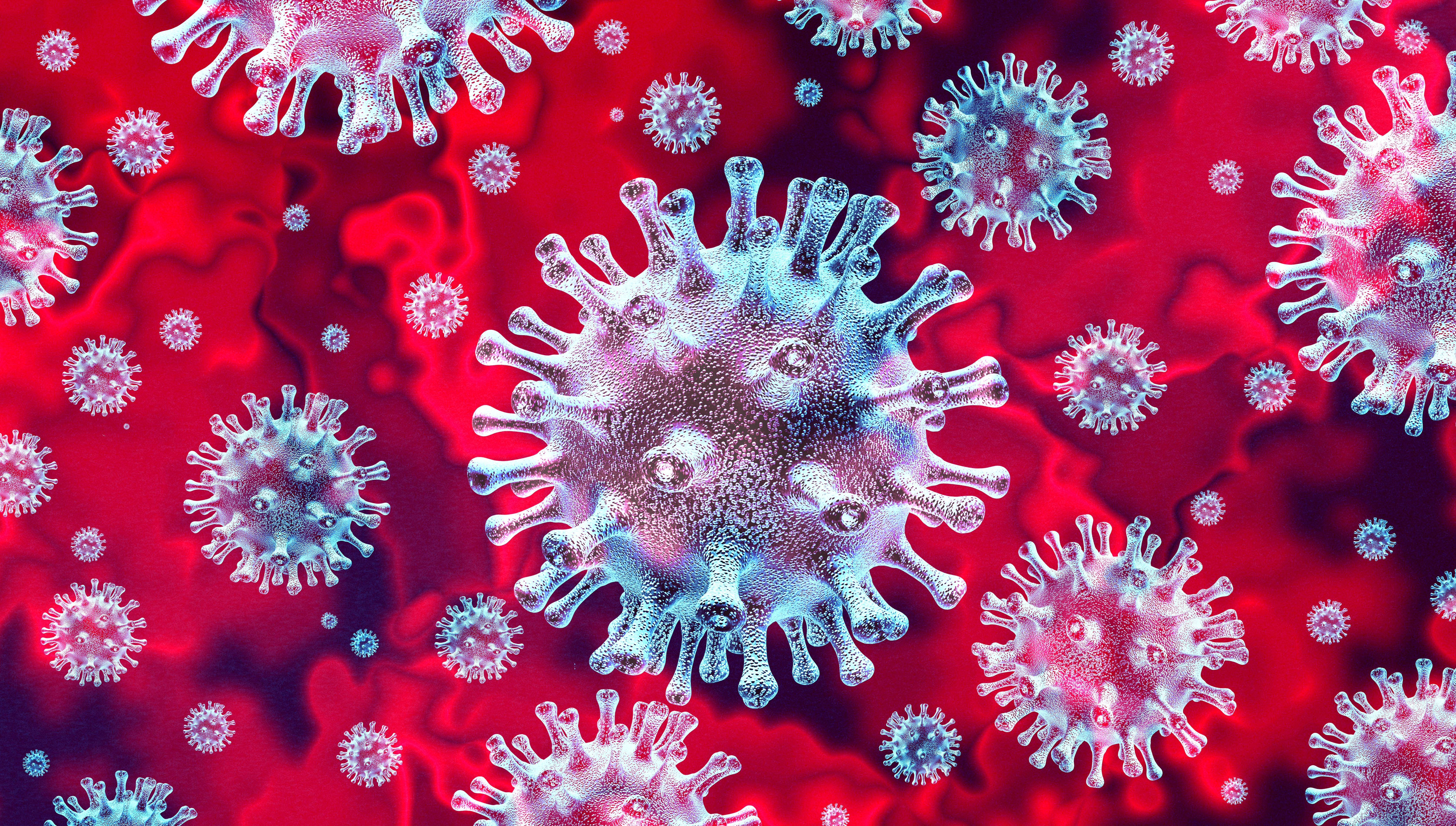As the world grapples with the global pandemic of coronavirus, Doctors Without Borders/Médecins Sans Frontières (MSF) is concerned for vulnerable groups worldwide, like people with tuberculosis (TB), whose lungs are often damaged and immune systems weakened.
This World TB Day, it’s more critical than ever to maintain and safeguard prevention, diagnosis, treatment, and care for people with TB worldwide. Coronavirus disease, or COVID-19, typically affects the lungs and people who contract it may show similar symptoms to TB, such as coughing and fever. The lung damage caused by TB and the toll it takes on the immune system means people living with the disease are at a heightened risk of becoming seriously ill from COVID-19, the contagious disease caused by the coronavirus.
TB is the world’s leading infectious disease killer, with nearly 10 million people affected and 1.5 million deaths in 2018. Half a million people have drug-resistant forms of TB (DR-TB), for which the treatment is long and toxic and safer, more effective options are often priced out of reach. In addition, many patients with TB live in densely populated areas—like overcrowded settlements with little access to clean water or health care—and this close proximity further increases their risk of spreading COVID-19.
This already worrisome situation will become even more grave if diagnosis and treatment for TB is interrupted. Because of this, MSF supports the World Health Organization’s (WHO) information note on strategies to maintain continuity of essential services—prevention, diagnosis, treatment, and care—for people living with TB and DR-TB during the COVID-19 pandemic.
Health care systems, particularly those in low-resource settings, will be dangerously strained by COVID-19. MSF knows from previous epidemics that reduced access to care, medicines, and diagnostics for people with life-threatening conditions like TB can lead to an increase of deaths from these underlying conditions. In Guinea, one of the countries at the epicenter of the 2014–2016 Ebola outbreak in West Africa, reduced health services led to a 53 percent decrease in the diagnosis of TB—and a doubled mortality rate from it.
In addition to the global response needed to tackle COVID-19, health authorities, implementing partners, and international funders must make every effort to maintain essential services while reducing the risks for vulnerable populations, like implementing additional infection prevention measures.
To reduce the risk of COVID-19 infection amongst people living with TB, we will need to see innovative changes to the ways in which health care is provided. This includes decentralized and outpatient treatment, access to treatment through community and physically distant models of care, and follow up of patients through telemedicine and the use of web apps. The implementation of all-oral treatments for DR-TB as recommended by the World Health Organization is now more urgent than ever, as is the introduction of community-supported treatment to reduce contact with hospitals and other health structures, where patients are more likely to contract coronavirus.
Given the high risk of severe disease in TB patients, efforts to minimize the impact of COVID-19 should also include the provision of protective measures for medical staff and those in contact with TB patients and the testing and isolation of confirmed or suspected COVID cases to avoid transmission.
Global solidarity is essential to tackling a global pandemic: Avoiding excessive stockpiling and export bans will ensure essential medicines and supplies—including personal protective equipment—can reach all countries in need. Such collaboration and sharing will reduce the likelihood that people with TB are put at additional risk because of a lack of necessary drugs or an inability to test. Without such an approach the pressure on countries with already fragile health systems will be doubled.
As countries struggle to deal with the COVID-19 pandemic, we must take all necessary steps to ensure that the impact of this pandemic does not create a second tragedy for vulnerable communities worldwide—including people with TB.
MSF is one of the largest nongovernmental providers of TB care in the world. In 2018, in projects in more than 20 countries across the globe, MSF started 16,500 people on treatment for TB and 2,840 people for DR-TB in 2018. Together with partners, MSF is running two clinical trials for DR-TB (TB PRACTECAL and endTB) aiming to find effective and short treatments with more manageable side effects.





